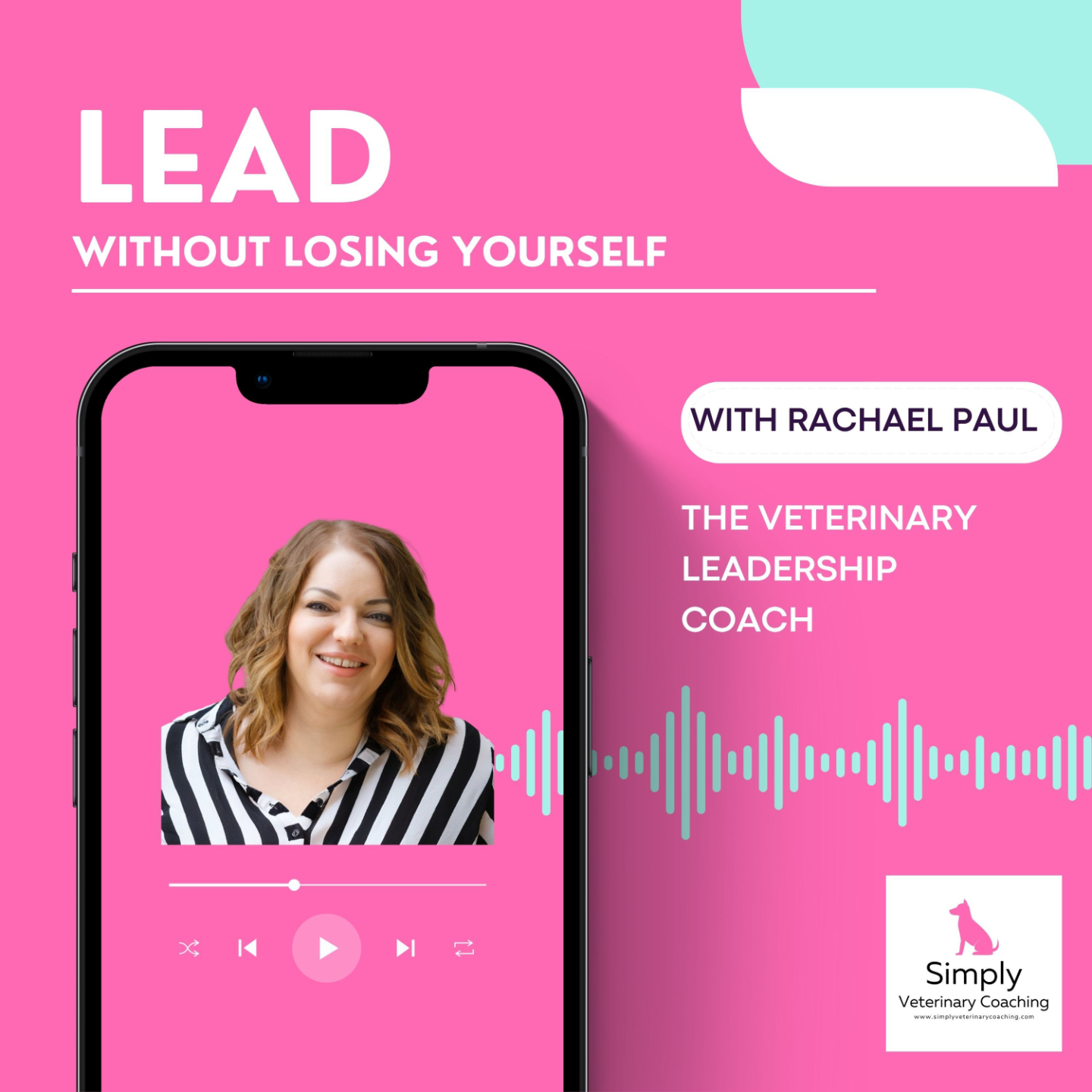The power of active listening
There is no doubt that people across the globe are responding in a multitude of ways to recent world events. It has prompted widespread fear and uncertainty, and now on the other side of it people are looking for ways to alleviate these feelings and find some peace.
One of the most important things we can be doing for our loved ones, friends, colleagues, clients, and even strangers during this time, is to really LISTEN. One of our biggest communication problems is we do not listen to understand. We listen to reply.
By listening to respond, we’re already formulating an answer in our head while the other person is talking, and we can miss vital points which could actually change our understanding of where the other person is coming from, and change what we were going to say. It’s not about fully concentrating on every single detail someone is sharing, but actively seeking to understand the complete message, including the emotions being conveyed through their words.
If you are able to truly listen to someone who is upset, it allows that person to feel connected, and connection is one of the biggest human desires and needs.
If this person isn’t normally someone who opens up freely, acknowledge that, and really let them know you are listening. For some, expressing their feelings can be difficult and they may even think they will be perceived as ‘weak’ for doing so. Especially in the veterinary profession, you are expected to ‘keep calm and carry on’, but it’s important to release and vent sometimes and avoid an emotional build-up. Actively listening to someone builds rapport, understanding and trust. It lets the other person know you are holding a safe space for them.
How to Actively Listen
Avoid distractions
· Focus on what the other person is saying. Don’t allow your mind to wander, or external sounds to steal your concentration.
· Listen to the content and context of their language. Are they using specific words and phrases? What themes are they discussing?
Listen to the tone of their voice
· Sometimes the words someone is using does not always reflect how they are truly feeling inside. Not everybody can translate their feelings accurately into spoken words.
· Observe their body language and make appropriate eye contact. Much of our communication is non-verbal. You can very subtly match their body language to create rapport and connection.
Embrace the silences
Hold back from filling a gap. If the other person pauses, just wait a few seconds. They might just be processing, or taking a little breather before continuing. If after 4 or 5 seconds they appear to be done, then it’s okay to step in and start responding.
How to respond
1. Including words and phrases the other person has used in your responses back to them lets the other person know you were engaged.
2. Nodding your head and maintaining direct eye contact throughout the conversation are also cues that indicate you were actively listening and engaged.
3. Offer some reflections on what you’ve heard, for example “so you’re feeling overwhelmed by the situation, but you still love your job?”
4. Acknowledging the other person’s feelings is important and you can do so by using phrases such as “that’s rough, I’m sorry you’ve experienced that” or “that must have been terrible”.
5. Ask “what would be most helpful to you right now?” but note that I haven’t suggested saying “how can I help?”, which leads me nicely onto my next point.
What Active Listening is Not
Active listening does not mean taking on the other person’s problems. You are not responsible for other people’s happiness.
There is a fine line between supporting and fixing. You can show people the way, point them in the right direction of appropriate help and resources, and even offer advice if they are receptive to it, but do not do it for them. It is NOT selfish not to intervene and take care of things.
Sometimes it takes for someone to go to a place of complete despair to find inner strength they didn’t know they had. Don’t deny someone of that opportunity to experience this turning point.
Release Expectation
Actively listening without expecting anything in return is a truly selfless act. Even if this person didn't offer you the same support last week when you tried to express your feelings, it doesn't matter. If you have an expectation of the favour being returned, that can create more stress and resentment, than joy. Strangely, when you release the need to control what you get for giving, you get enough, somehow.

